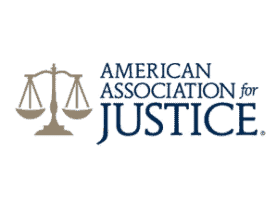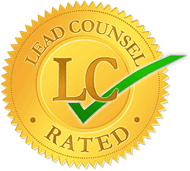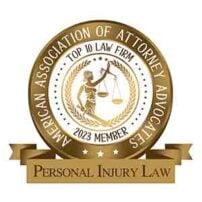While there are many renovated and new apartments and residences in New York City, there are still a considerable number of apartments and dwellings that contain dangerous amounts of lead-based materials. For the residents who live in these buildings exposure to lead can have many negative health effects including headaches, memory loss, depression, irritability, fertility problems and brain damage.
In many cases, individuals who experience one or more of these side effects aren’t even aware that they have been exposed to lead and have high levels of lead in their bloodstreams. New York City law requires that landlords take steps to rid apartments, which were built before 1960 or, in some cases 1978, of lead materials when a child age five or younger lives in the residence.
Tenants, who rent apartments that qualify for lead abatement, would be wise to ensure that a landlord follows proper procedures. For example, prior to starting a lead abatement, a landlord is required to post warning signs alerting other residents of possible exposure to lead. Additionally, the entire work area should be cleaned and wet down to ensure that dust containing lead particles don’t contaminate common areas.
It’s also important to ensure that those items that can be removed from an apartment are and that those items that cannot be removed are completely covered to prevent exposure to lead dust. Additionally an apartment’s floors, doors, windows and heating and cooling vents should also be tightly sealed with plastic.
Once a landlord has completed a lead abatement, a tenant should request a copy of the test results of post-abatement lead dusk levels. If a landlord refuses to pay for such testing to be done, an individual may choose to consult with an attorney. Likewise, tenants who have suffered or who have children who have suffered ill health effects due to lead exposure can also benefit from the advice and assistance of an attorney.
Source: New York City Department of Health and Mental Hygiene, “Lead Poisoning Prevention for Parents and Tenants,” July 30, 2015
Mayo Clinic, “Lead Poisoning,” July 30, 2015











